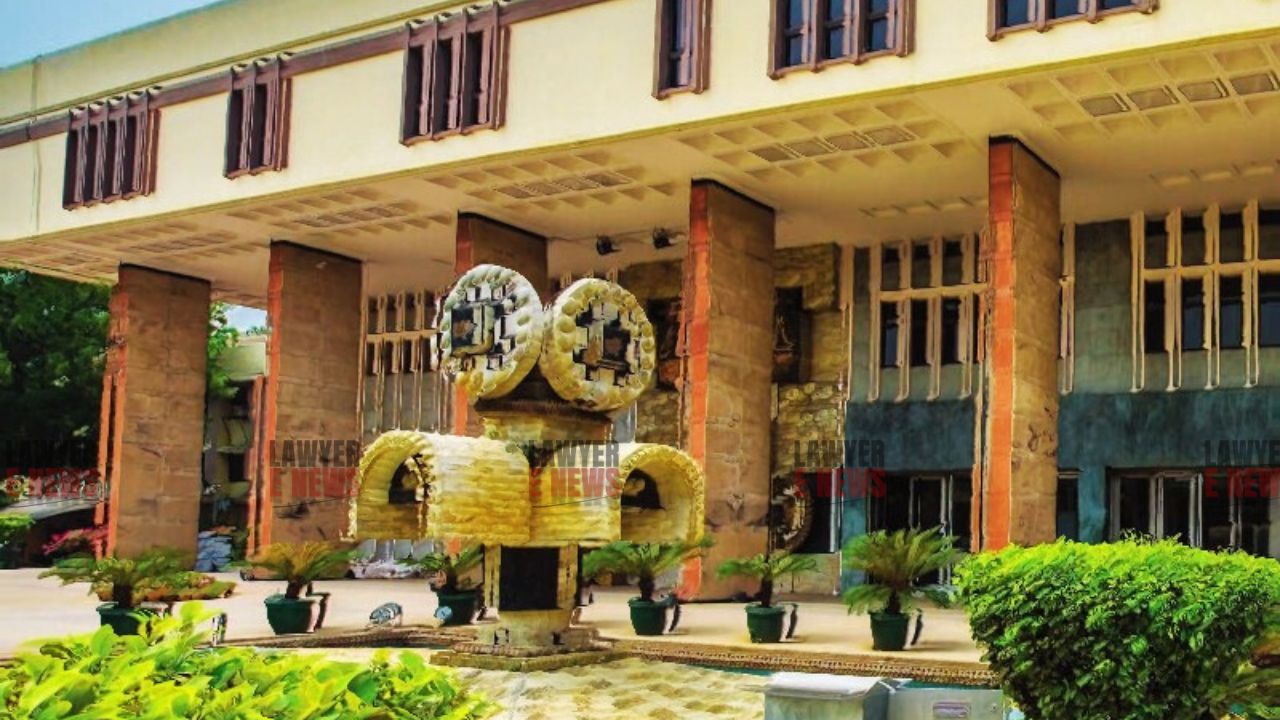-
by Admin
15 February 2026 5:01 PM



The Delhi High Court has set aside a lower court's decision allowing the late submission of additional documents in a commercial suit between VLCC Personal Care Ltd. and Casa 2 Stays Pvt. Ltd. Justice Shalinder Kaur, in her judgment, underscored the necessity for strict compliance with the procedural requirements of the Commercial Courts Act, 2015, emphasizing that allowing such submissions undermines the statute's objective of expeditious dispute resolution.
The dispute arose from a commercial agreement dated June 12, 2017, between VLCC Personal Care Ltd. (the respondent) and Casa 2 Stays Pvt. Ltd. (the petitioner), under which VLCC supplied toiletries to Casa 2 Stays’ hotels. VLCC filed a suit for the recovery of ₹53,83,366 along with interest against Casa 2 Stays, alleging non-payment for supplied goods. Casa 2 Stays contested the suit and, during the proceedings, VLCC sought to introduce additional documents, including invoices and proof of delivery, claiming they were initially unavailable.
The court highlighted the importance of adhering to procedural rules under the Commercial Courts Act, 2015, which mandates the timely submission of all relevant documents. "The Commercial Courts Act aims to ensure the speedy disposal of disputes," the court noted. "Allowing late submissions without sufficient cause contradicts this objective."
Justice Kaur emphasized that any additional documents can only be admitted if a reasonable cause for their initial non-disclosure is established. "The plaintiff must demonstrate a valid reason for not including the documents at the time of filing the suit," she stated. The court found VLCC's explanation—that the documents were scattered across regional offices and thus not readily available—unconvincing, particularly given the absence of any urgency that might have justified filing the suit without complete documentation.
The court further noted that VLCC had not sought the court's leave to file additional documents when the suit was first instituted, as required by the procedural rules. "This failure undermines the credibility of the respondent's claim and contravenes the statutory requirements," the judgment read.
The judgment discussed the principles outlined by the Supreme Court in Sudhir Kumar v. Vinay Kumar G.B. (2021) regarding the filing of additional documents in commercial suits. The Supreme Court's decision mandates that any additional documents not disclosed initially must be accompanied by a reasonable cause for their delayed submission. The Delhi High Court found that VLCC did not meet this threshold.
Justice Kaur remarked, "The rigour of establishing a reasonable cause for non-disclosure along with the plaint may not arise if the documents were discovered subsequently. However, in this case, the documents were in the respondent's power, possession, control, or custody and should have been disclosed earlier."
The Delhi High Court's decision underscores the judiciary's commitment to enforcing the procedural rigour envisaged by the Commercial Courts Act, 2015. By setting aside the lower court's order, the judgment reinforces the importance of timely and comprehensive document disclosure in commercial litigation. This ruling is expected to serve as a precedent, ensuring that future litigants adhere strictly to procedural mandates, thereby promoting the efficient resolution of commercial disputes.
Date of Decision: July 5, 2024
